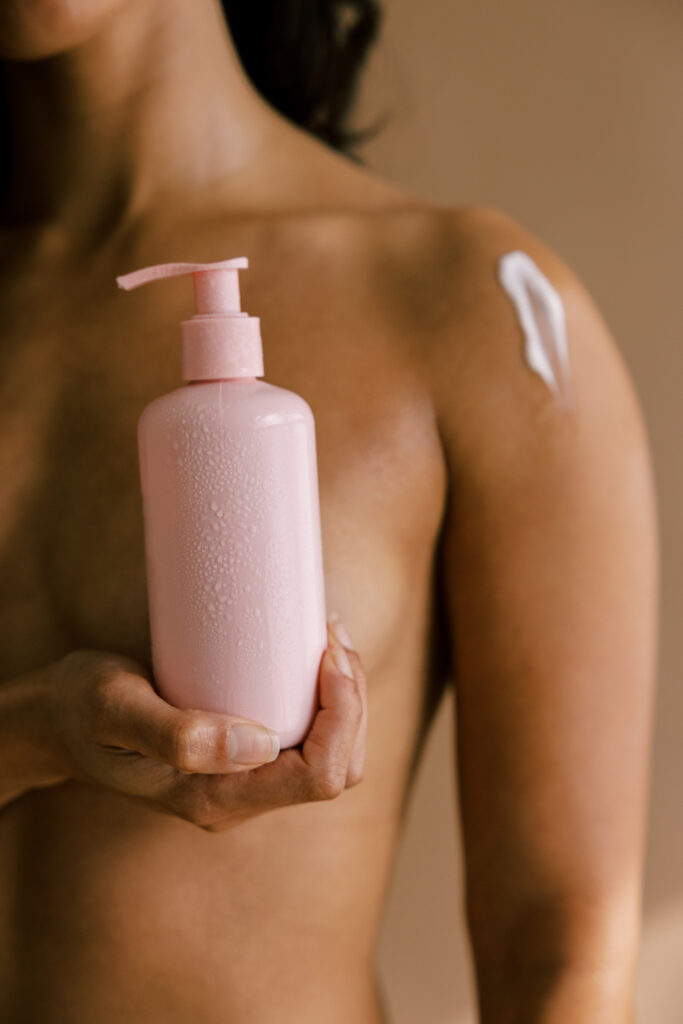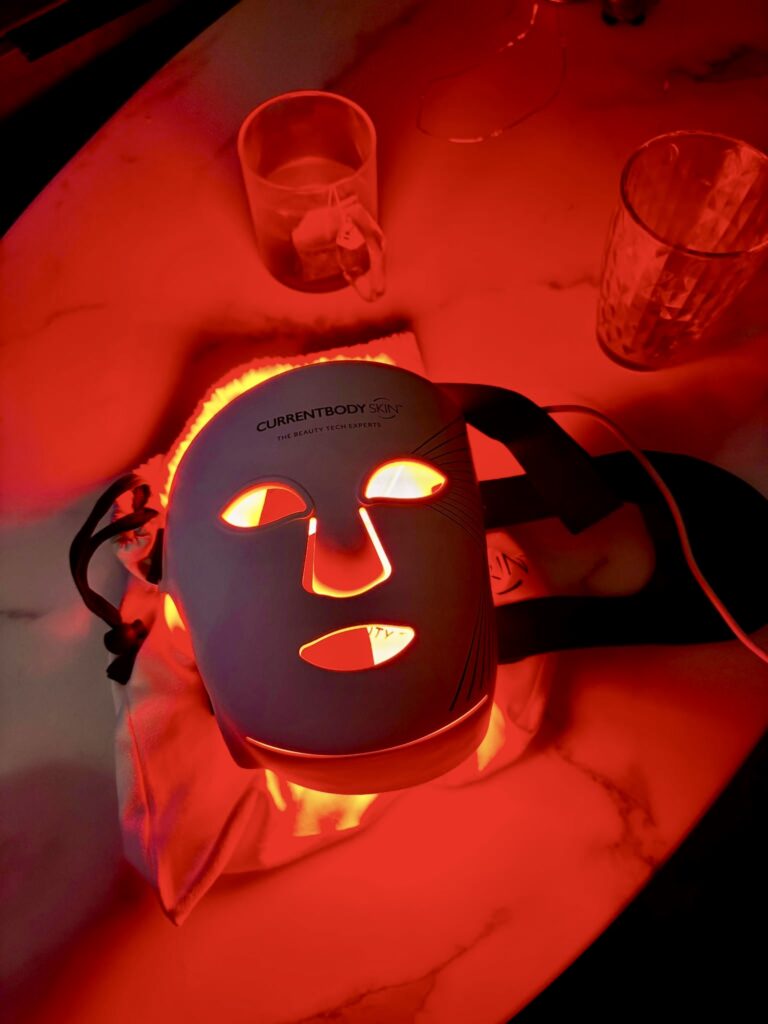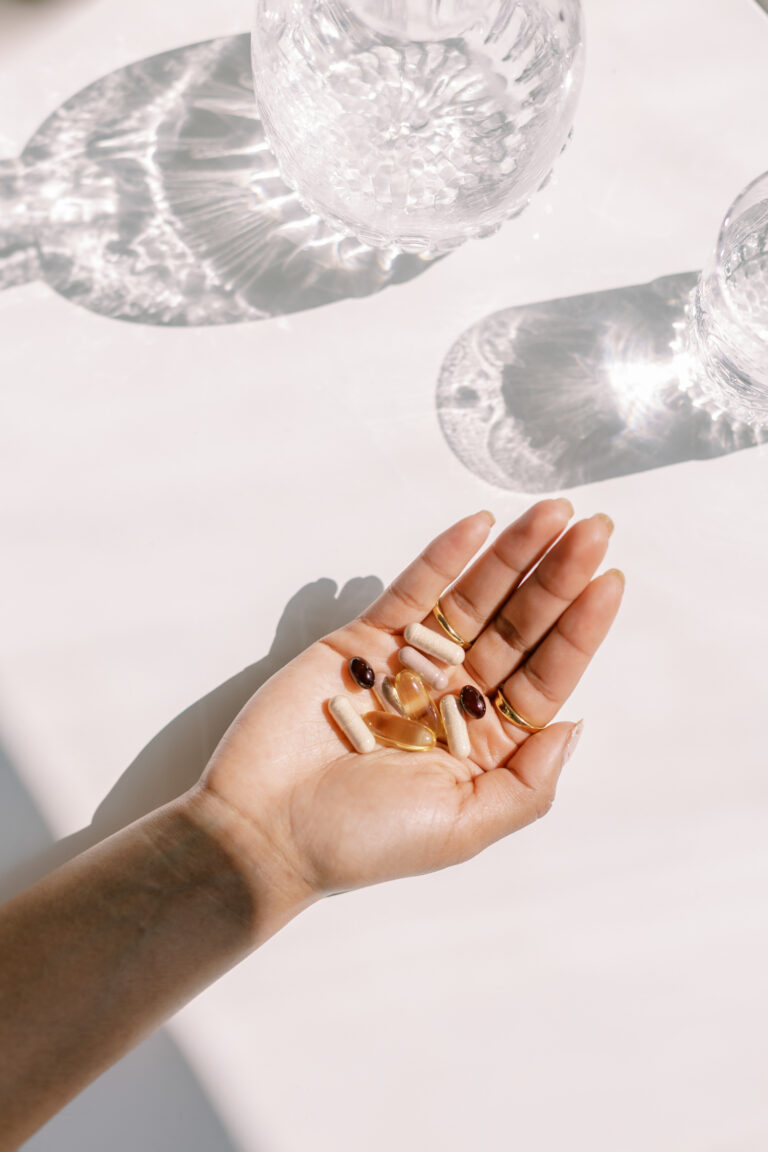What Food to Eat to Settle Eczema in Women

If you’ve noticed your skin becoming more reactive in your 30s, like red patches, dry flare-ups that constant itch, you’re not imagining it.
Hormonal changes, stress, and a shifting immune system can all contribute to eczema in your 30s, even if you’ve never had it before.
And while topical creams, red light therapy, and steroid prescriptions might give you some temporary relief, the real game-changer often starts with what’s on your plate. Yep, your food could be helping – or hurting – your skin more than you think.
Don’t worry; you won’t have to go gluten-free overnight or cut everything you love. It’s about knowing which anti-inflammatory food for eczema can help calm the storm from the inside out.
What Are The Best Anti-Inflammatory Food Eczema?
Start with Omega-3s (Your Skin’s Calm-Down Buddy)
Fatty fish like salmon, sardines, and mackerel are packed with omega-3s—healthy fats known for reducing inflammation throughout the body. If your skin feels hot, itchy, or angry, this is the kind of internal support it’s craving.
Plant-based? Chia seeds, flaxseeds, and walnuts have omega-3s too, though not quite as potent. Still, they’re a great addition to smoothies or salads.
Colorful Veg = Calmer Skin
Think berries, spinach, sweet potatoes, kale, red cabbage, carrots—anything with natural pigment is likely high in antioxidants. These help protect your cells and reduce inflammation that triggers eczema.
You don’t need to overhaul your diet, but if you’re regularly eating beige food, your skin’s probably not loving it.

Probiotic-Rich Foods: Heal Your Gut, Help Your Skin
There’s a strong gut-skin connection, especially when it comes to eczema in your 30s. Fermented foods like kimchi, sauerkraut, miso, kefir, and plain yogurt help feed the good bacteria that support your immune system and reduce skin flare-ups.
If fermented foods aren’t your thing, a daily probiotic supplement might be worth looking into (chat with your healthcare provider first).
Zinc and Vitamin D: The Underrated Duo
Oysters, pumpkin seeds, lentils, and chickpeas are all good sources of zinc—an essential mineral for skin repair. Vitamin D, on the other hand, is hard to get through food alone, but egg yolks (if you’re not allergic) and fortified foods can help a bit.
Many women with eczema have low vitamin D levels without knowing it. A blood test can confirm whether you’re deficient, and supplementing might make a noticeable difference.
Hydration
It’s not just about water. Foods high in water content, like cucumbers, watermelon, zucchini, and oranges, can also help hydrate your skin from the inside.
If your skin feels dry no matter how much lotion you use, don’t skip this one.
Foods That Might Be Worth Cutting Back
We’re not here to fearmonger. But if your eczema flares are out of control, it might be worth experimenting with cutting back on these common triggers:
Dairy (for some, it worsens inflammation)
Ultra-processed food and refined sugar
Soy
Gluten
Caffeine
Eggs
Nuts
Alcohol (it dehydrates and can disrupt the gut)

Feed Your Skin Like You Care
If you’re dealing with eczema in your 30s, your body is probably more sensitive to internal triggers than it used to be. Choosing anti-inflammatory food for eczema is about giving your skin a fighting chance to heal.
There’s no magic meal plan. But adding more skin-supportive foods into your routine and noticing how your body responds? That’s a really good place to start.





